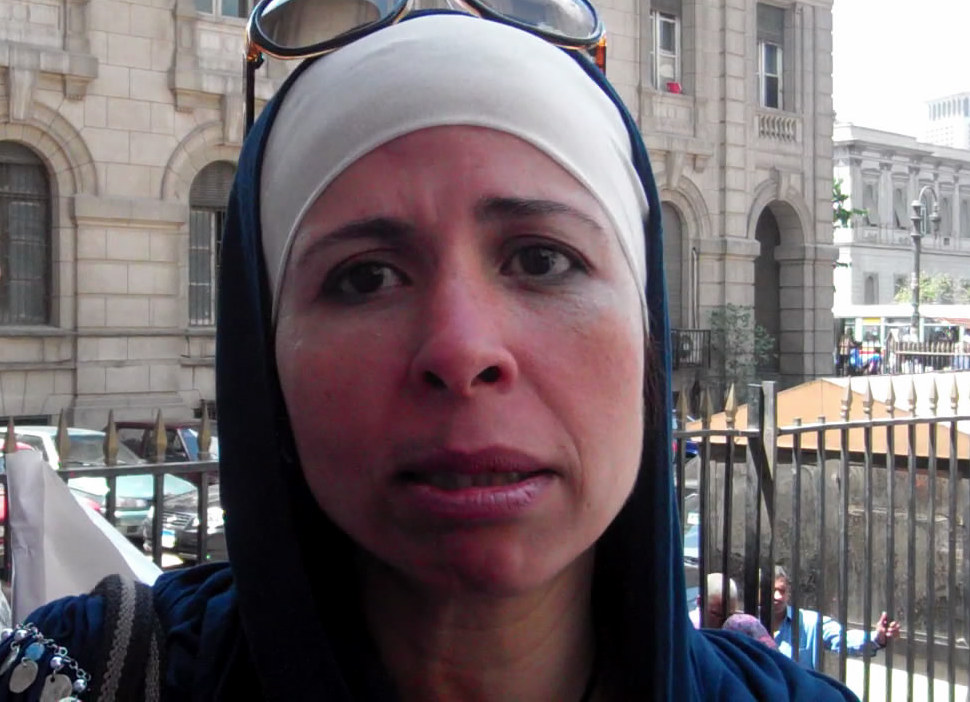In a significant meeting held in Riyadh on Sunday, regional officials gathered to discuss Syria’s future, focusing on stability and the post-Bashar al-Assad era. The meeting, which brought together foreign ministers from Arab and Western nations, including France, Britain, Germany, Italy, Türkiye, and Spain, aimed to enhance support for the Syrian people. The discussions also included international figures such as UN Envoy to Syria Geir Pedersen, EU High Representative for Foreign Affairs and Security Policy, Kaya Kallas, and US Undersecretary of State, John Bass.
Egypt’s Minister of Foreign Affairs and Immigration, Badr Abdelatty, addressed the gathering, reiterating Egypt’s position on Syria. He emphasized the importance of preserving Syria’s unity, respecting its sovereignty, and supporting national institutions to ensure they can effectively serve the Syrian people. Abdelatty highlighted the necessity for an inclusive political process, one that is owned and led by the Syrian people, in line with UN Security Council Resolution 2254. He called for the participation of all Syrian societal groups in the transitional process, ensuring that no political or social faction is excluded.
The Egyptian foreign minister stressed Egypt’s unwavering support for the legitimate aspirations of the Syrian people, urging all parties in Syria to prioritize national interest over division at this critical juncture. He underscored the need for a political process that reflects Syria’s societal and sectarian diversity, offering a foundation for long-term regional stability. Abdelatty further emphasized the importance of rebuilding Syria’s national institutions, restoring its regional and international standing, and managing the transitional period effectively.
In his remarks, Abdelatty also highlighted the critical need for regional and international cooperation in combating terrorism. He stressed that Syria must not serve as a sanctuary for terrorist elements that could destabilize the region or provoke neighboring countries. He called for global solidarity to prevent Syria from becoming a breeding ground for terrorism, which could threaten the security of the wider Middle East.
Additionally, Abdelatty condemned Israel’s incursions into Syria’s buffer zone and its occupation of Syrian territory. He rejected Israel’s violations of the 1974 disengagement agreement between Syria and Israel, reiterating Cairo’s firm stance against these actions, which violate international law. He called for Israel’s withdrawal from the Syrian territories it occupies and for the respect of the disengagement agreement, as well as the cessation of Israeli airstrikes targeting Syrian military infrastructure.
Qatari Prime Minister and Foreign Minister Sheikh Mohammed bin Abdulrahman Al Thani expressed Qatar’s strong commitment to supporting Syria’s unity and territorial integrity. He emphasized Qatar’s full support for the Syrian people as they navigate the rebuilding process.
Turkish Foreign Minister Hakan Fidan, speaking at the meeting, reaffirmed Turkey’s readiness to assist in facilitating Syria’s challenging path towards stability. Fidan also described the participation of Syria’s new foreign minister, Asaad al-Sheibani, in the Riyadh meeting as a “decisive and historic moment” for the future of Syria. He noted that regional countries hold the primary responsibility for guiding Syria toward a peaceful and stable future, with a focus on preserving the country’s sovereignty and territorial integrity.


